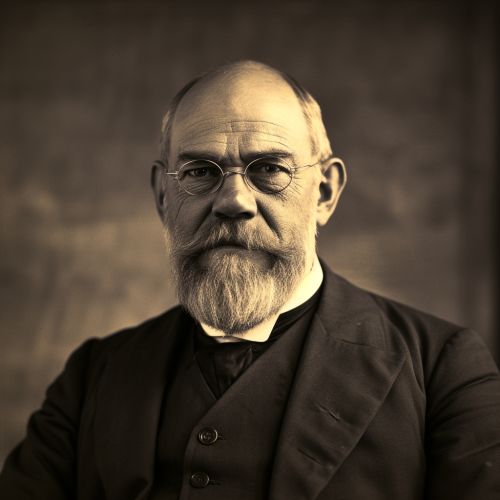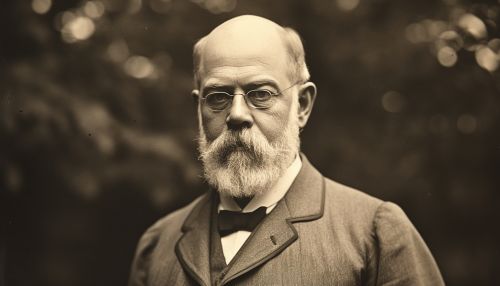Robert Koch
Early Life and Education
Robert Heinrich Hermann Koch was born on December 11, 1843, in Clausthal, Germany. He was the third of thirteen children born to his parents, Hermann Koch, a mining engineer, and Mathilde Julie Henriette Biewend. Koch's early interest in natural sciences was nurtured by his parents, who encouraged his curiosity and exploration.
He attended the Clausthal Gymnasium where he excelled in his studies, particularly in the natural sciences. After completing his secondary education, Koch enrolled at the University of Göttingen in 1862 to study medicine. At the university, he was influenced by several notable professors, including the famous anatomist and physiologist, Friedrich Gustav Jakob Henle, and the pathologist, Friedrich Albert von Zenker.
In 1866, Koch graduated from the Göttingen University with a degree in medicine. His doctoral thesis, titled "On the Etiology and Pathogenesis of Uterine Haemorrhages", was a detailed study of uterine bleeding.
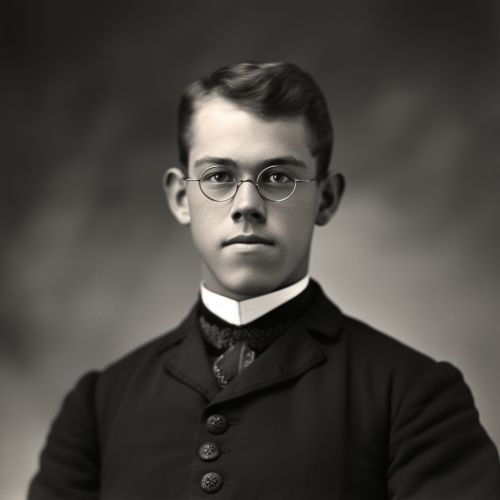
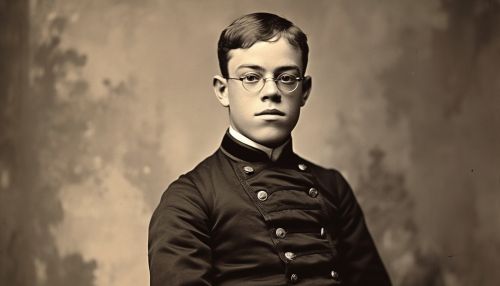
Career and Contributions to Medicine
After obtaining his medical degree, Koch briefly served as a district medical officer in Langenhagen and then in Rakwitz. In 1870, he volunteered for the Franco-Prussian War, serving as a field doctor. After the war, he settled in Wollstein (now Wolsztyn, Poland) as a district physician. It was here that Koch began his groundbreaking research into infectious diseases.
In 1876, Koch successfully demonstrated the life cycle of the anthrax bacillus, Bacillus anthracis, establishing the germ theory of disease. His research showed that a specific microorganism was responsible for a specific disease, a concept that was revolutionary at the time. Koch developed a series of postulates, known as Koch's postulates, which provided the framework for identifying the causative agents of infectious diseases. These postulates are still used today in microbiology and epidemiology.
In 1880, Koch was appointed to the Imperial Health Office in Berlin, where he continued his research on infectious diseases. His work on tuberculosis led to the identification of the tuberculosis bacillus, Mycobacterium tuberculosis, in 1882. This discovery was a significant breakthrough in the fight against tuberculosis, a disease that was rampant and deadly at the time.
Koch's work extended beyond bacteria to other infectious agents. In 1905, he was awarded the Nobel Prize in Physiology or Medicine for his research on tuberculosis. Despite his significant contributions to medicine and microbiology, Koch's later years were marked by controversy over his failed attempt to develop a cure for tuberculosis.
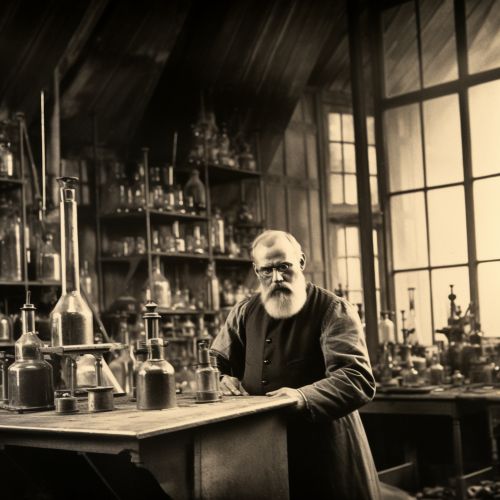
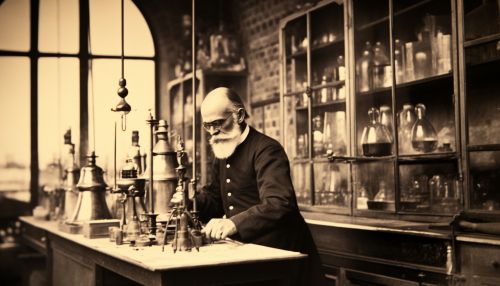
Later Life and Death
In 1891, Koch married actress Hedwig Freiberg. The couple had no children. Koch's health began to deteriorate in the early 1900s, and he suffered from heart disease. He died on May 27, 1910, in Baden-Baden, Germany. His contributions to medicine and microbiology continue to be recognized and celebrated today.
Legacy
Robert Koch's work laid the foundation for modern microbiology. His methods of cultivating bacteria and his postulates for establishing the cause of infectious diseases are still used today. His discovery of the tuberculosis bacillus was a significant breakthrough in the fight against the disease.
Koch's work has had a profound impact on public health. His research led to the development of new methods for diagnosing and treating infectious diseases, and his postulates continue to guide research in microbiology and epidemiology.
Despite the controversy that marked his later years, Koch's contributions to medicine and science are undeniable. He is remembered as one of the pioneers of microbiology and one of the most important figures in the history of medicine.
